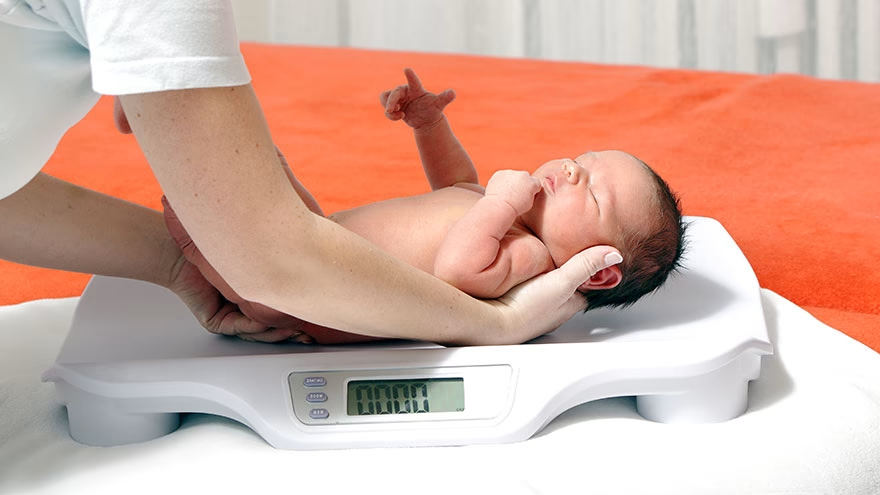Having a baby prematurely isn't as scary as it used to be, but there are still a few risk factors associated with low-birth-weight infants.

Breathing Problems
The lungs are the last organs to develop in a baby. In babies born too soon, the lungs haven't developed to maturity, causing the infant to have respiratory distress syndrome, or RDS. These infants may need supplemental oxygen and doses of a protein called surfactant to help them breathe.Infants with RDS may also be more prone to breathing-related disorders, such as bronchitis, asthma and increased sensitivity to smoke and pollutants as they get older. Neonatal intensive care units, or NICUs, are well equipped to care for babies with RDS.
Heart Problems
PDA, short for patent ductus arteriosus, happens in newborns when the artery connecting the aorta and the pulmonary artery doesn't close after birth, and the blood can't reach the lungs to become oxygenated.This congenital heart defect occurs in approximately 1 out of every 8,000 low-birth-weight babies, and is usually treatable with drugs. More extreme cases may require surgery, but most babies born with PDA go on to live healthy lives.
Vision Problems
Some babies born prematurely have problems with the blood vessels in their eyes, called retinopathy of prematurity, or ROP. In instances of ROP, abnormal blood vessels grow in the infant's retina, causing pressure that can in time make it detach, leading to blindness.In many instances, ROP clears up on its own, but more extreme cases may require laser surgery. An eye exam by a pediatric ophthalmologist can determine whether your infant has ROP.
Outlook For Low-birth-weight Babies
Just because your infant is born prematurely or with low birth weight, doesn't mean he can't go on to lead a normal, happy life. Advances in medicine and medical equipment make caring for these babies easier than it's ever been.If your doctor detects abnormalities during routine visits, or if you suffer from complications, such as diabetes, during your pregnancy, talk with her about delivering in a hospital equipped with an NICU.
These hospitals are best equipped to care for low-birth-weight infants.
You Might Also Like : Things to Do to Make Sure a Baby’s Development Is Healthy
Check out the video version of this article on YouTube
httpv://www.youtube.com/watch?v=uaNT5vCz9KY
Save for later
Found this helpful?
Pin this article to your Pinterest board and come back to it whenever you need a reminder.
Save to Pinterest


